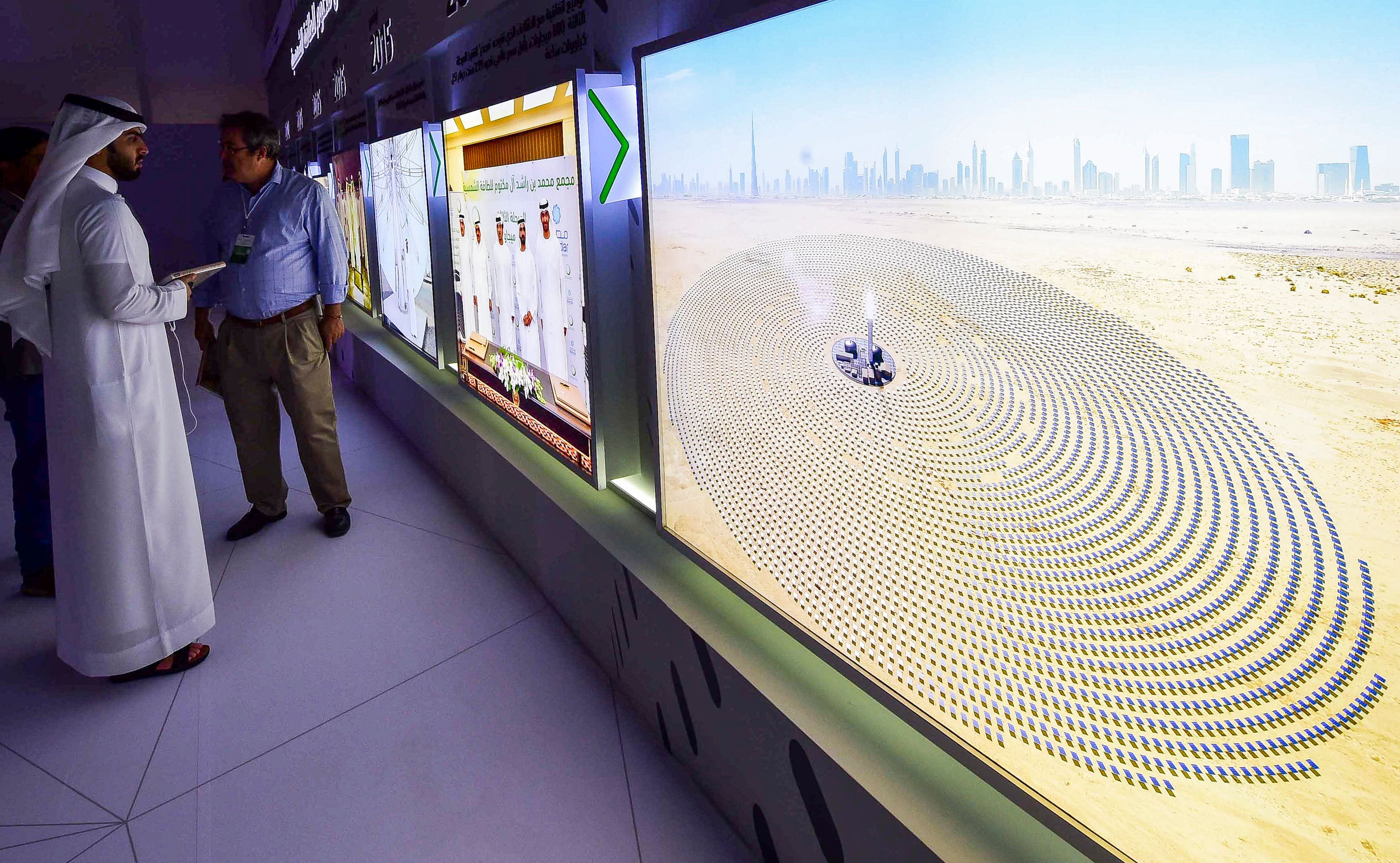The Middle East Institute's Program on Economics and Energy invites you to a panel on the dynamics that undergird clean energy adoption in the Middle East, from technology development, to new financing models, to the political economy.
The Middle East is home to some of the worlds largest hydrocarbon producers in the world, but it also boasts incredible clean energy potential. Regional countries are making plans to invest in renewable resources, hydrogen, and next-generation nuclear power, among other developing technologies. At the same time, access to capital and strategic government planning will be key to meeting ambitious net-zero targets while reliably delivering public goods at a fair price.
However, access to capital varies widely among states in the region, leading to potential divergences in the level of ambition and capacity to deliver an expansion of clean energy in the Middle East. Which regional countries have the potential to become clean energy powerhouses? What might be the role of various Middle Eastern states in technology innovation, supply chains, and regional grid interconnections that could accelerate the adoption of clean energy? What are the financing requirements for these investments, and how can states in the region meet this challenge?
To explore these and related issues, MEI will convene a panel of experts on the political economy, financing, and policy of clean energy development in the Middle East. The expert panelists are also contributors to MEI's new edited volume Energy Transitions in the Middle East.
Speakers
Jessica Obeid
Founding Partner, New Energy Consult;
Non-Resident Scholar, The Middle East Institute
Youness Abouyoub
Senior Research Fellow in the Department of Political Science, University of England; Non-Resident Scholar, The Middle East Institute
Katherine Wolff (Moderator)
Non-Resident Scholar, Economics and Energy Program, The Middle East Institute
STRINGER/AFP via Getty Images












